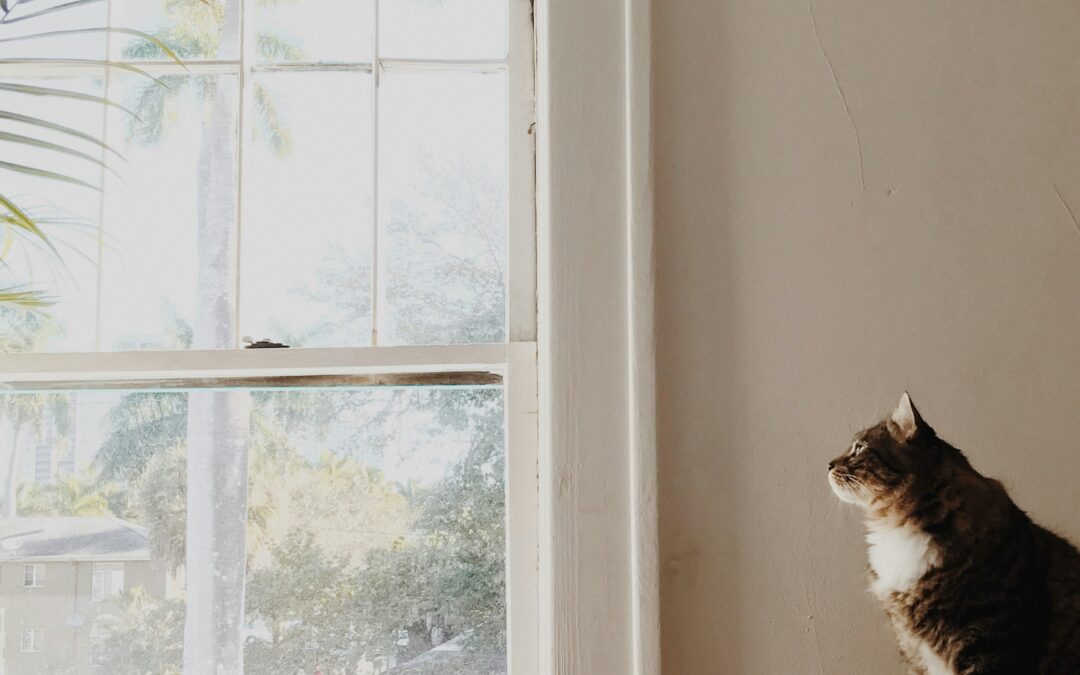As we observe Poison Prevention Week from March 17th to 23rd, it’s crucial to be aware of potential hazards that exist within our homes, especially those that can harm our furry friends. Houseplants, while adding aesthetic appeal, can pose a significant threat to pets if ingested. Here are ten common houseplants that are toxic to dogs and cats:
-
Pothos: This popular trailing plant is often found in homes and offices due to its easy maintenance. However, ingesting Pothos can lead to oral irritation, vomiting, and difficulty swallowing in pets.
-
Philodendron: With its glossy leaves and easy care requirements, Philodendron is a staple in many households. Unfortunately, it contains insoluble calcium oxalates that can cause mouth irritation and gastrointestinal upset in pets.
-
Snake Plant: Known for its air-purifying qualities and striking appearance, the Snake Plant can be toxic to pets if ingested, resulting in nausea, vomiting, and diarrhea.
-
Spider Plant: Spider Plants are popular for their graceful arching leaves and air-purifying abilities. However, they contain compounds that can cause gastrointestinal upset in pets if consumed.
-
Peace Lily: Peace Lilies are prized for their elegant white flowers and low maintenance. Despite their beauty, all parts of the plant are toxic to pets and can cause oral irritation, drooling, and difficulty swallowing.
-
Aloe Vera: Aloe Vera is renowned for its healing properties, but it can cause vomiting, diarrhea, and tremors in pets if ingested. Keep this plant out of reach to prevent accidental ingestion.
-
Jade Plant: With its succulent leaves and resilience, the Jade Plant is a common sight in many homes. However, ingestion can lead to vomiting, depression, and slowed heart rate in pets.
-
Dumb Cane (Dieffenbachia): This houseplant, also known as Dumb Cane, contains calcium oxalate crystals that can cause oral irritation, excessive drooling, and difficulty swallowing in pets.
-
Rubber Plant: Rubber Plants are popular for their large, glossy leaves and tolerance to low light conditions. However, they can cause vomiting, drooling, and difficulty swallowing if ingested by pets.
-
ZZ Plant: The ZZ Plant is prized for its attractive foliage and resilience to neglect. Despite its hardiness, it contains calcium oxalate crystals that can irritate a pet’s mouth and gastrointestinal tract.
Tips for Pet Safety:
– Research houseplants before bringing them into your home to ensure they’re safe for pets.
– Keep toxic plants out of reach or opt for pet-safe alternatives.
– Consider hanging plants or placing them on high shelves to prevent curious pets from accessing them.
– Educate yourself on the signs of plant poisoning in pets and seek immediate veterinary care if ingestion occurs.
By taking proactive measures and staying informed, you can create a safe environment for your pets while enjoying the beauty of indoor greenery. Let’s use Poison Prevention Week as an opportunity to protect our furry companions from potential hazards in our homes. If you have any concerns or need further guidance on pet-safe houseplants, book an appointment with us today. Together, let’s create a healthier environment for your furry companions!

